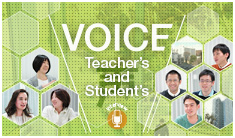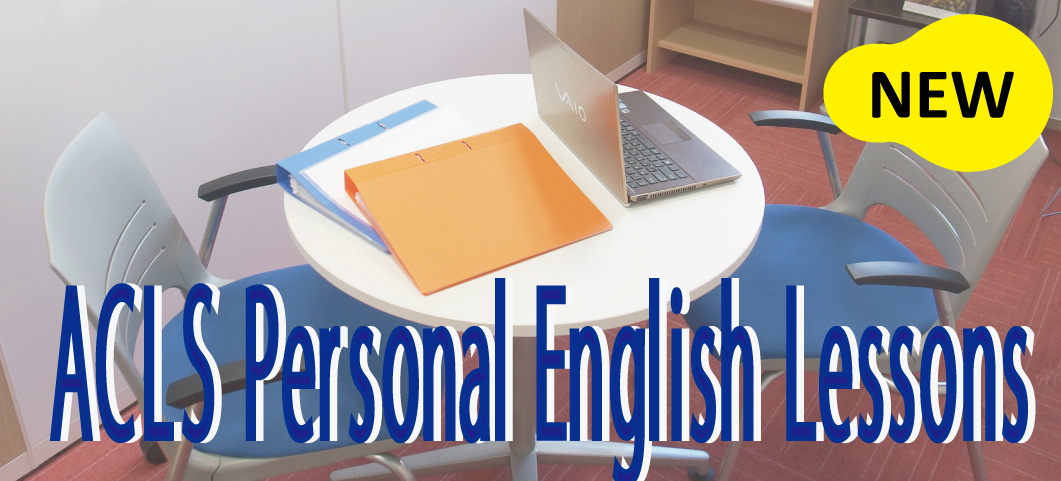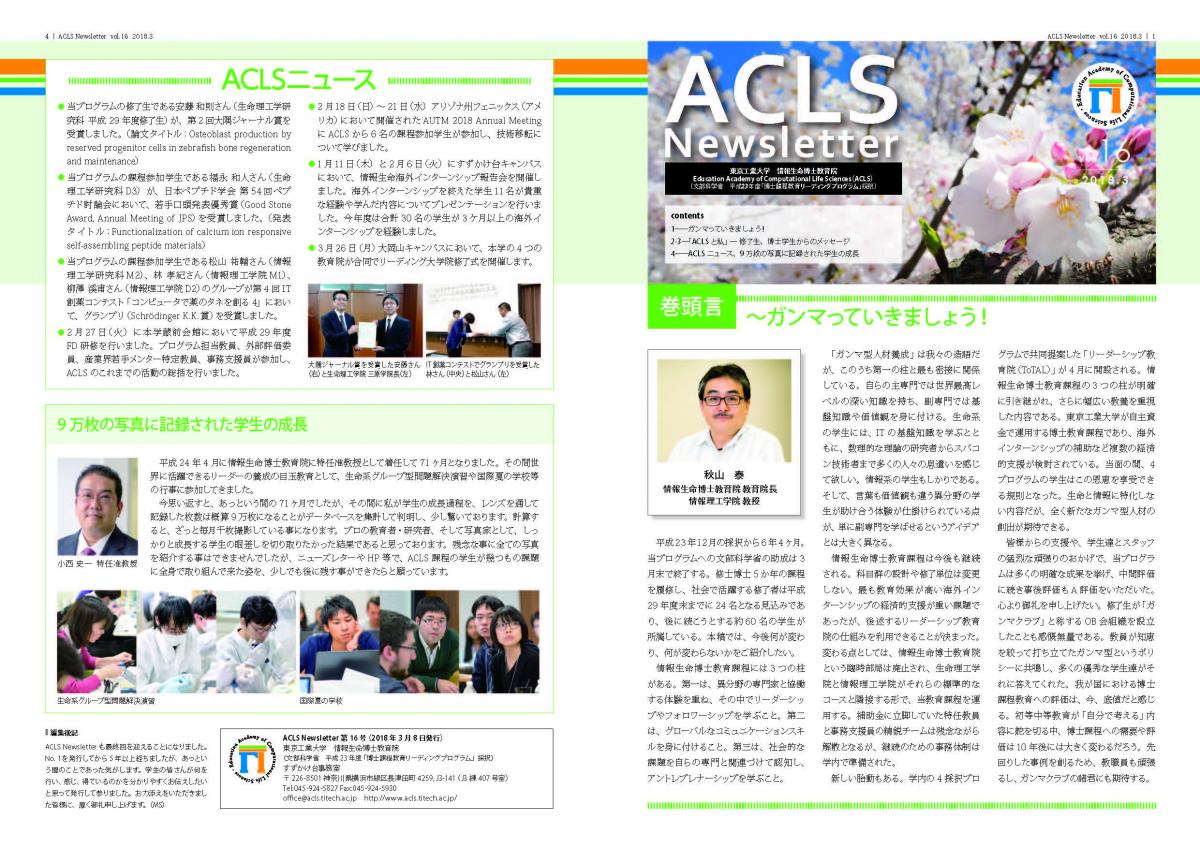- Home
- Program Features
Program Features
In this program, "The Education Academy of Computational Life Sciences (ACLS) ~ Training for Life & Health Innovation Leaders with Advanced Computer Science Skills", we focus on training our students to be a distinguished life science specialists with an ability to utilize leading-edge information science technologies or a distinguished information science specialists with an ability to comprehend life science methodology and concept. We sincerely hope that our training programs will be the driving force for life & health science innovation in the 21st century.
We provide unique education program to the students who passed selection: to those who major in life sciences, we provide fundamental knowledge and practice of information science, likewise to those who major in information science, we provide fundamental knowledge and practice of life sciences. In addition, we team up these two groups of students with different background to provide them iteratively with opportunities to tackle various issues by collaborating, learning and sharing knowledge in each other's area of expertise to accomplish their goals.
Now the various technologies are orchestrated towards improving our quality of life and the health and longevity of our society globally. Research fields such as drug development, food, chemistry, medical instruments and diagnosis line up with each other, and with information technology and fine-measurement technology combined, there emerges a new Research & Development trend, which may potentially give rise to a new market. This movement is not just a mere automatization or introduction of IT into the life scences but a drastic swell of innovation in the life science methodology, enabling new approaches such as inference procedures based on massive data analysis or deductive simulation of biological organisms and living cells as a system.
In Japan, however, no attempt has yet been made to foster human resources that could play an active role flexibly in multiple fields, because in the current education system, the fields of life science and information science are completely divided from the start of undergraduate education. There have been a few small multidisciplinary human resource projects so far, but what we need now in order to realize life & health innovation in our society is to produce leaders who can fully utilize information science technology in various fields of life science.
Therefore in this program we focus on training our students to become potential leaders who will play an active role in life & health innovation in the new generation. With our integrated learning environment, the Tokyo Institute of Technology will provide doctoral students in multidisciplinary fields of life and information sciences with learning opportunities and experiences to cultivate the following three abilities, which have been scarce in conventional graduate school programs.
- The ability to comprehend both life science and computer science
【Training of Γ type specialists in Multidisciplinary education through fundamental and advanced subjects】
To train “Γ-type specialists” who have thorough knowledge of their area of expertise, before moving on to train “π type” specialists - The ability to solve issues; identify problems, find their causes and make the right decision with regard to the solution
【Problem-solving group exercise with students from different fields】
【Planning of the “International Summer School of Life & Health Science” by students themselves, working with foreign organizations】
【Organizing the “International Life & Health Science Contest”, counterpart in biology of “Robo-con”, a robot contest】 - Brush-up intercultural communication skills
【Intercultural communication classes by professional instructors】
【All students in the doctoral course must do an internship at an international supporting organization】
【Quality assurance by introducing outside qualification tests; setting mandates such as acquiring TOEIC score over 750 before finishing the doctoral course】
In addition to supporting our students in tracing their future career paths, we provide a [Mandatory internship during the master's course] and an [Industrial youth mentor program], introducing classes by top industrial researchers whom we invite as short-term lecturers.










